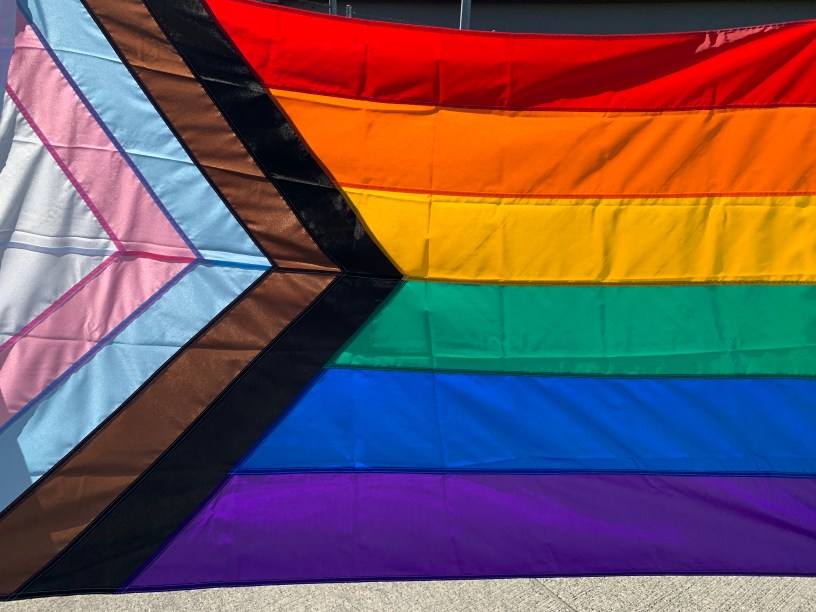
A Glimpse of Hope from the U.S. Supreme Court: Bostock v. Clayton County
Guest Contributor Rosa Celorio is an Associate Dean for International and Comparative Legal Studies and Burnett Family Professorial Lecturer in International and Comparative Law and Policy, [email protected], https://www.law.gwu.edu/rosa-celorio. (Full Bio at end of article).
On June 15, 2020, the United States Supreme Court released its historic decision in the case of Bostock v. Clayton County, ruling that employers are prohibited from discriminating against any individual on the basis of their sexual orientation or gender identity in the employment setting. The case relates to three employees who claimed they were fired after revealing they were homosexual and transgender. The Court firmly ruled that Title VII of the Civil Rights Act of 1964 and its prohibition of sex discrimination applies to gay and transgender persons.
This decision is momentous and noteworthy for the respect and guarantee of human rights in the United States for several reasons. First, it continues the trend of the Supreme Court in protecting the rights of persons historically discriminated against...

